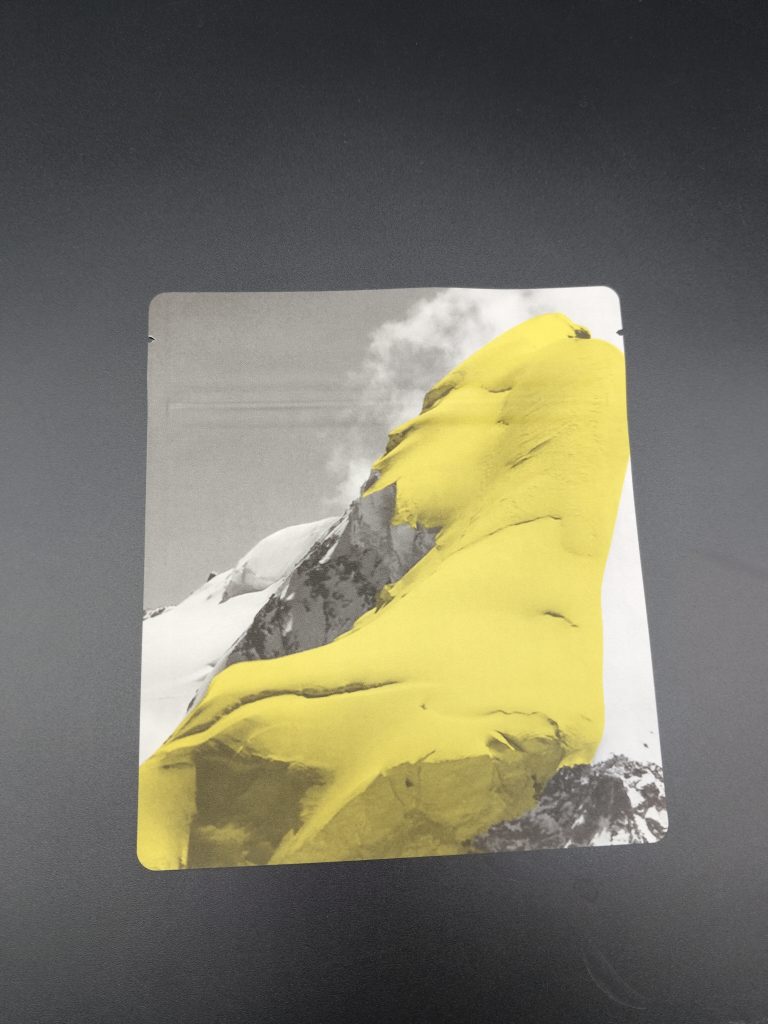The Sustainable Shift: How Kraft Zipper Pouches Are Redefining Eco-Conscious Packaging
In an era where environmental responsibility meets consumer convenience, the kraft zipper pouch has emerged as an unlikely hero of sustainable packaging. These unassuming yet sophisticated containers represent a fundamental rethinking of how we balance functionality with ecological impact. While traditional mylar stand up pouches continue to dominate certain market segments with their superior barrier properties, a new generation of kraft-based solutions is challenging the status quo through material innovation and design ingenuity. This evolution reflects broader industry trends toward circular economies, carbon footprint reduction, and consumer demand for authentically “green” packaging options.
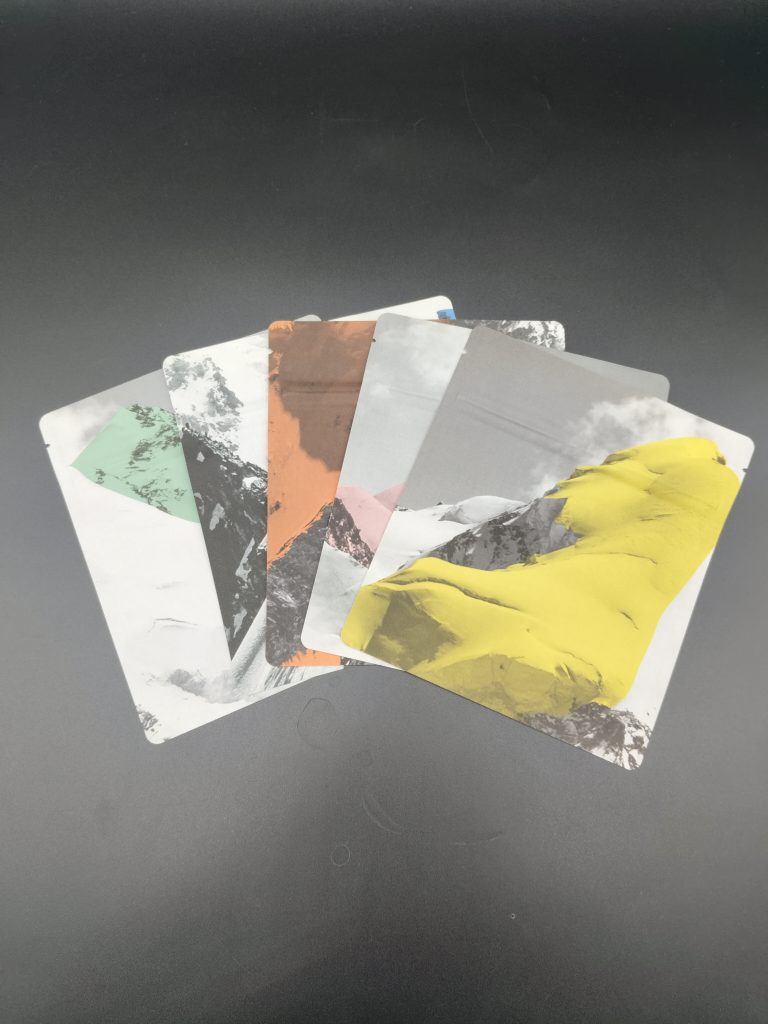
Material Revolution: The Science Behind Modern Kraft Solutions
The contemporary kraft zipper pouch represents a quantum leap from its primitive paper bag ancestors. Today’s versions incorporate:
Plant-based barrier coatings derived from corn starch and algae that achieve 90% moisture resistance
Natural wax alternatives using candelilla and carnauba for heat-sealable edges
Reinforced fiber matrices with embedded flax and hemp strands for tear resistance
Compostable window films made from cellulose acetate for product visibility
Leading organic snack brand Nature’s Path recently transitioned 60% of its line to kraft zipper pouches, reporting a 22% increase in eco-conscious consumer purchases. Meanwhile, specialty coffee roasters like Blue Bottle utilize kraft pouches with integrated degassing valves – proving sustainability doesn’t require sacrificing functionality.
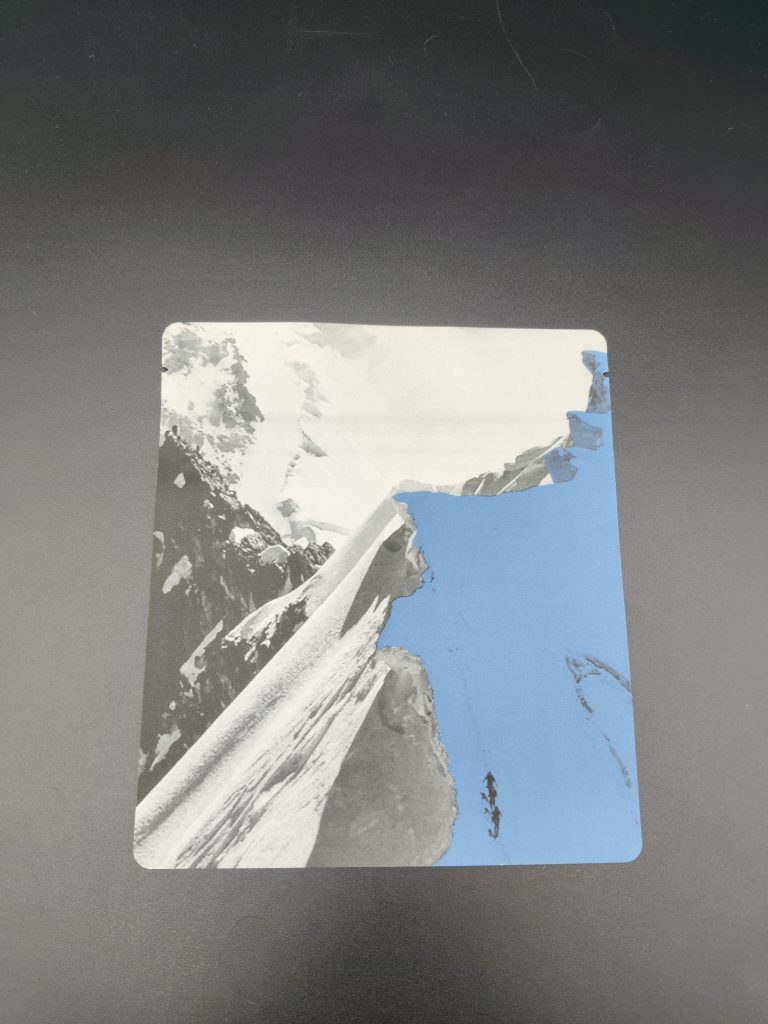
Barrier Technology Breakthroughs: Closing the Performance Gap
While mylar stand up pouches still set the gold standard for long-term preservation, kraft alternatives are making remarkable strides:
Oxygen Protection
Nano-ceramic coatings reducing OTR to <0.5 cc/m²/day
Laminated bio-polymers creating tortuous path barriers
Activated charcoal layers absorbing residual oxygen
Moisture Control
Silica-infused liners maintaining 35-45% RH internally
Hydrophobic plant extracts repelling external humidity
Phase-change materials buffering against temperature swings
These innovations have enabled brands like Patagonia Provisions to achieve 18-month shelf life for freeze-dried meals in kraft zipper pouches – performance previously exclusive to metallized mylar stand up pouches.
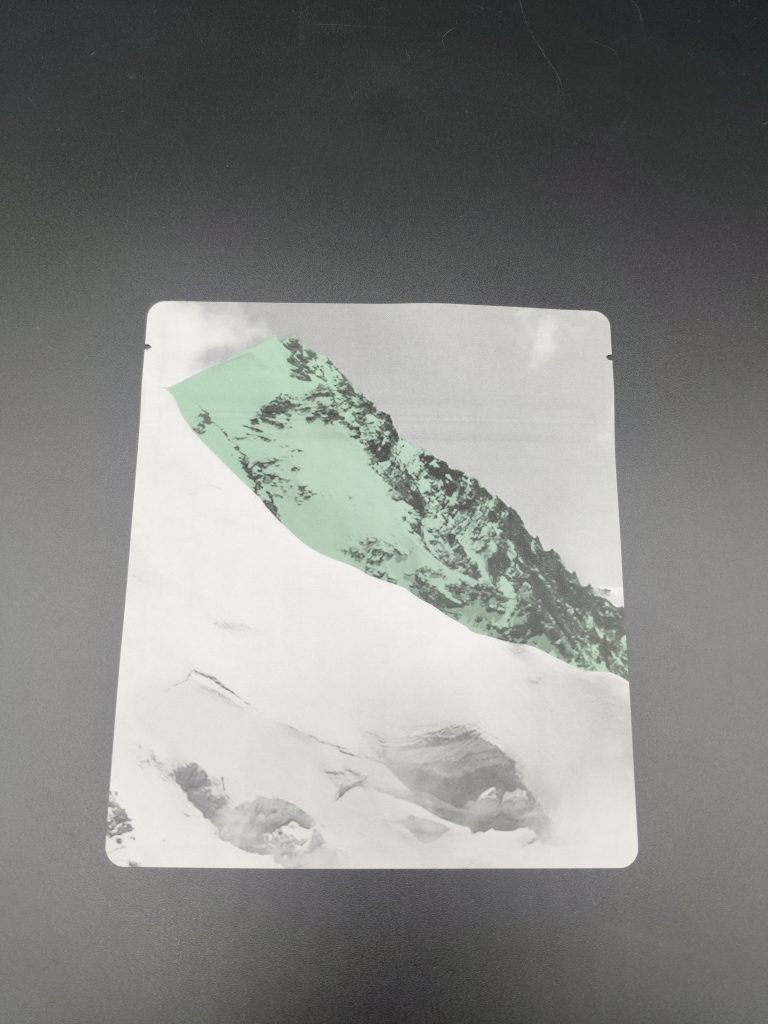
The Sustainability Equation: Beyond Basic Biodegradability
Modern kraft zipper pouch solutions address environmental concerns through comprehensive lifecycle approaches:
Carbon Footprint
72% lower production emissions versus aluminum laminates
Localized sourcing of raw materials reducing transport impacts
Water-based flexo printing cutting VOC emissions by 85%
End-of-Life Solutions
Industrial composting certification in 8-12 weeks
Marine-degradable versions breaking down in saltwater
Recyclable through standard paper streams when properly cleaned
Circular Systems
Take-back programs where used pouches become packaging again
Upcycling initiatives transforming waste into building materials
Digital watermarking for accurate automated sorting
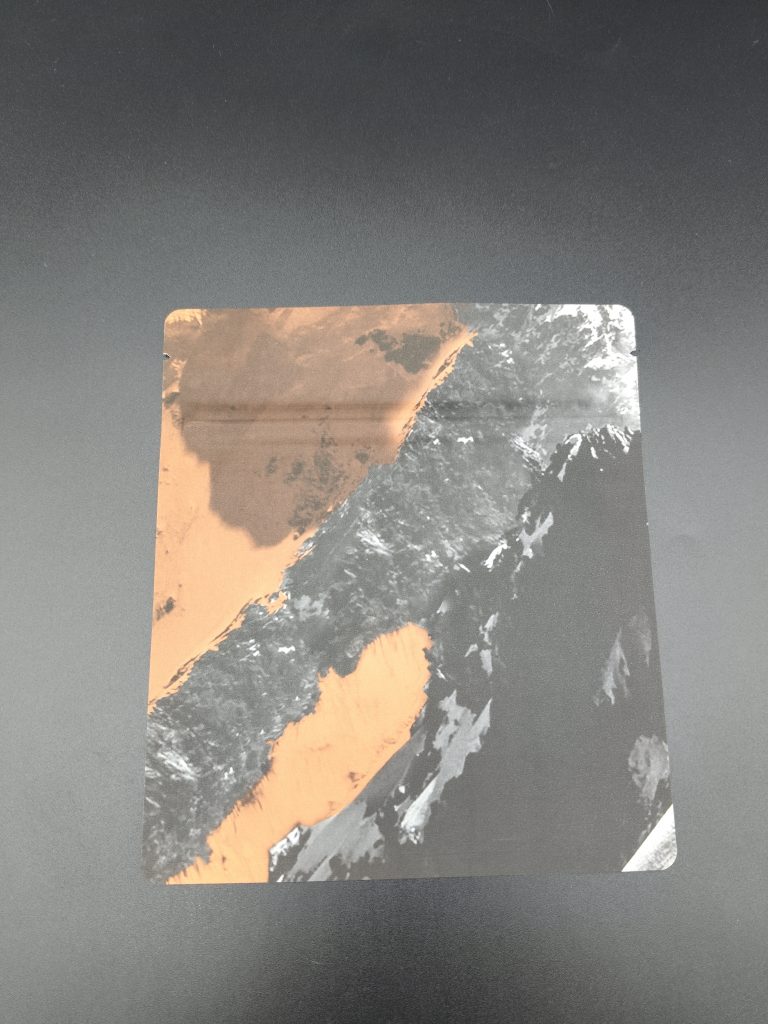
Design Innovation: Merging Form and Function
Today’s most advanced kraft zipper pouches incorporate surprising user-friendly features:
Structural Enhancements
Gusseted bottoms for improved stability
Angled spouts enabling clean pouring
Integrated measuring guides for portion control
Consumer Convenience
Compostable zippers using PLA polymers
Tear-notches for easy opening
Writeable surfaces for inventory tracking
Brand Expression
Natural texture as premium differentiator
Custom embossing for tactile branding
Soy-based inks that don’t compromise recyclability
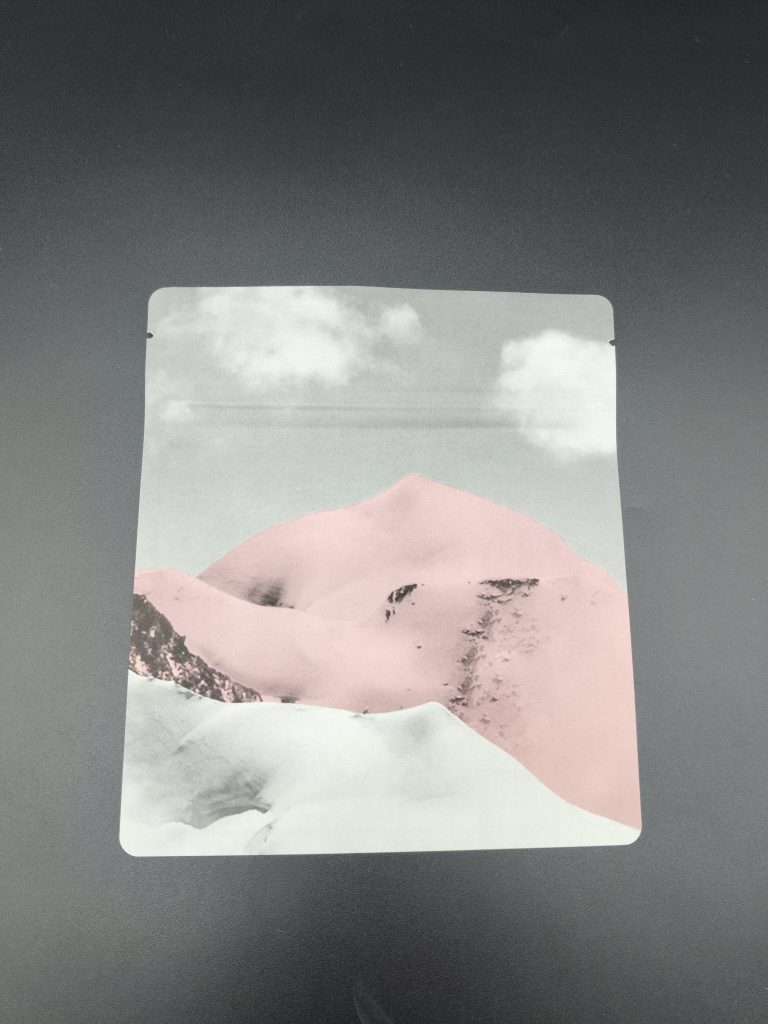
The Future of Flexible Packaging: A Hybrid Approach
Forward-thinking companies are adopting strategic combinations of kraft zipper pouches and mylar stand up pouches:
Application-Specific Solutions
-
Kraft for short/mid-term shelf life products
-
Mylar for multi-year preservation needs
-
Hybrid constructions where appropriate
Technological Convergence
-
Mylar’s metallization techniques adapted to bio-based films
-
Kraft’s sustainable coatings applied to thinner mylar layers
-
Shared recycling infrastructure development
Market Segmentation
-
Kraft for eco-conscious consumer segments
-
Mylar for extreme climate distribution
-
Dual-option lines catering to different regions
